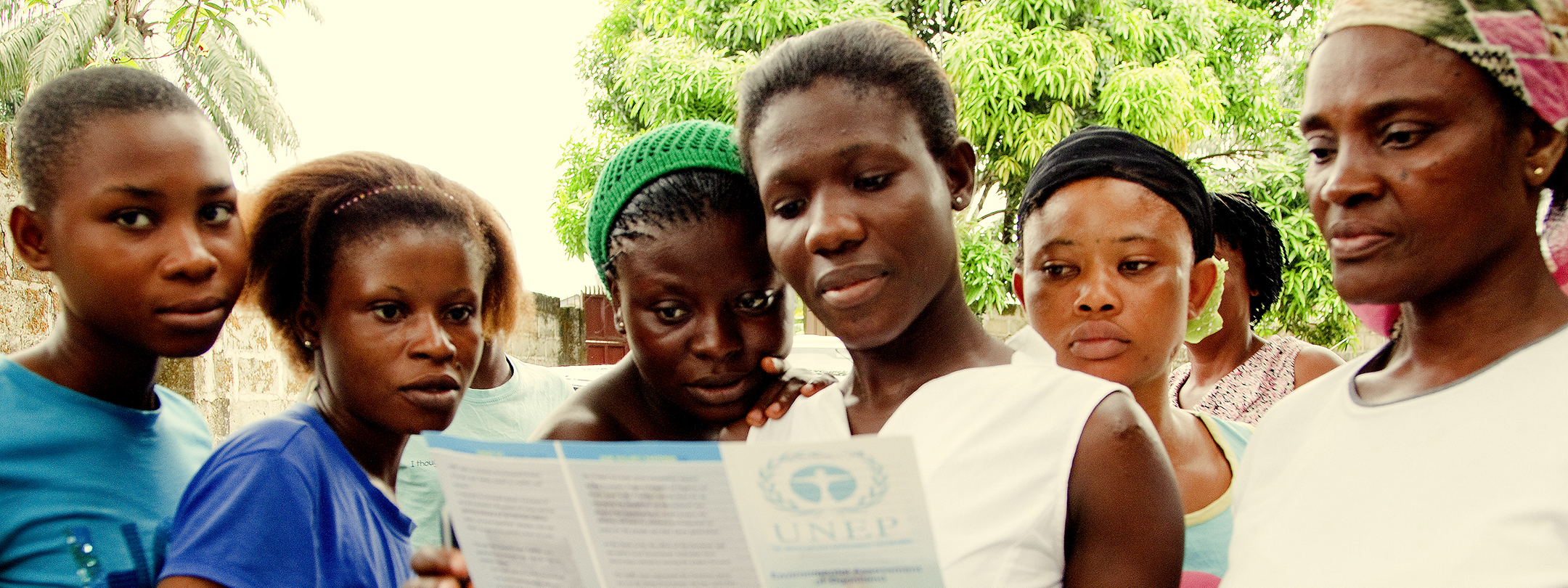Wicked Problems in Peacebuilding and Statebuilding: Making Progress in Measuring Progress Through the New Deal
Publisher: Global Governance
Author(s): Erin McCandless
Date: 2013
Topics: Assessment, Monitoring and Evaluation, Peace Agreements, Programming
Countries: Afghanistan, Central African Republic, Congo (DRC), Cote d'Ivoire, Ghana, Haiti, Sierra Leone, Timor-Leste
Peacebuilding and its relatively new partner in international policy discourse and practice—statebuilding—are moving in increasingly larger circles with the recognition that business cannot be done as usual in fragile and conflict-affected states where 1.5 billion of the world's population resides. With rising prominence comes ever greater scrutiny about their nature and means for their practical realization. This article reflects on a question central to this scrutinizing that has befuddled scholars, practitioners, and policymakers alike over the past decade—how should progress out of fragility and conflict, or toward peacebuilding and statebuilding, be measured? Investigating a related question—are we making progress on this profoundly challenging task?—the article considers how international actors are endeavoring to make right on their promise to put national actors at the helm of these projects, which is increasingly assumed to be the primary driver for success in both. Examining these questions in light of scholarship, practice, and a topical policy dialogue case—the International Dialogue on Peacebuilding and Statebuilding—the article argues that, while the process and emerging outputs are messy and challenge established norms of what constitutes good assessment, they are manifesting profound changes in policy and practice, with potentially radical implications for the ways that peacebuilding and statebuilding are measured and aid decisions are undertaken.
